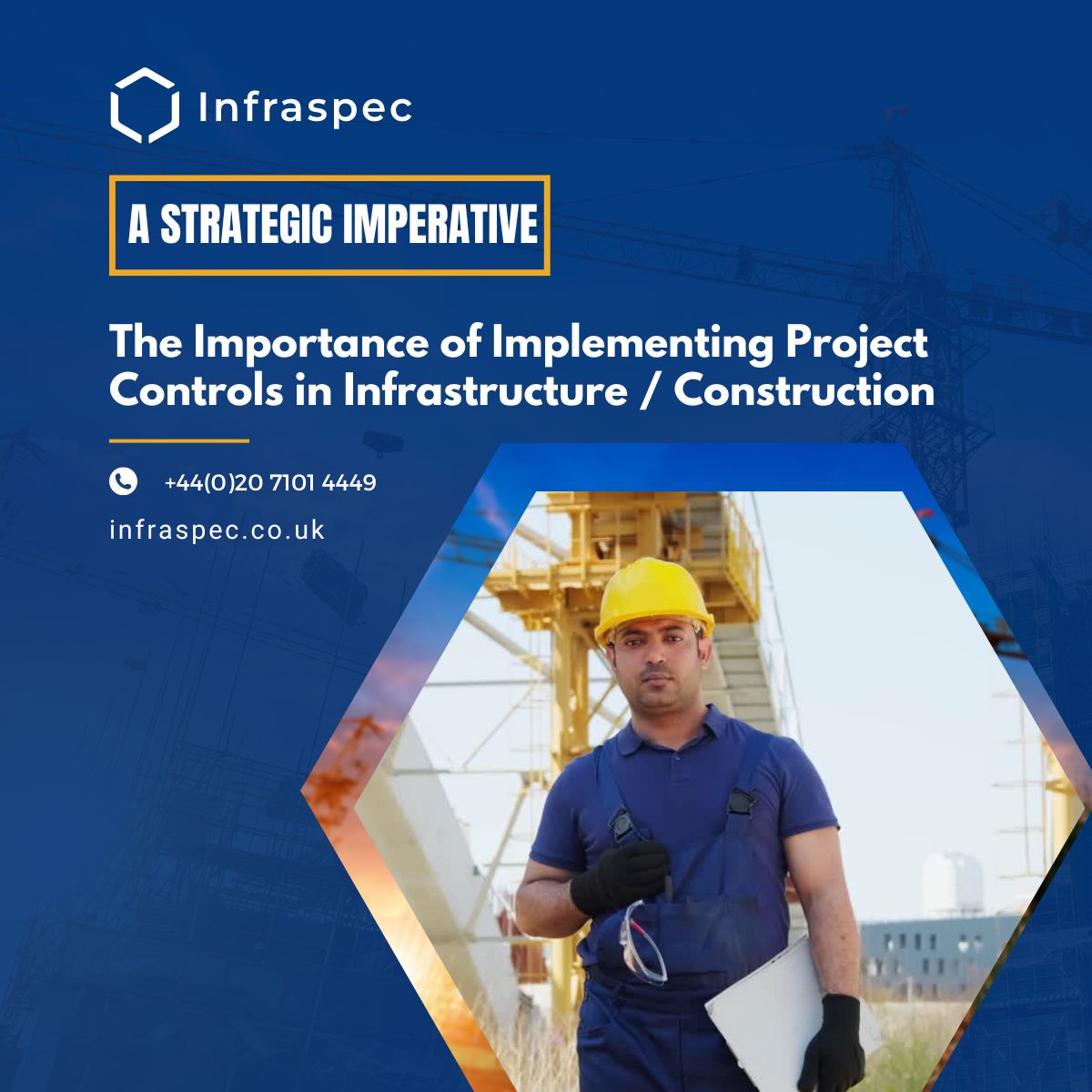The Importance of Implementing Project Controls in Infrastructure / Construction: A Strategic Imperative
In a world of infrastructure and engineering, project controls are often viewed as reactive—something you deploy when things go wrong. This mindset needs to change.
Project controls are not a last resort; they are the backbone of successful project management. When integrated from the beginning, project controls guide each phase, ensuring that the plan stays on course, manages risks, and maintains quality.
Project Initiation: Setting the Stage for Success
During the initiation phase, project controls are crucial for defining the scope, setting the budget, and outlining the timeline. They provide structure and help prevent costly scope creep or misallocation of resources.
Project Planning: Crafting a Detailed Roadmap
During the planning stage, project controls help turn the initial framework into a detailed plan by allocating tasks, setting timelines, and aligning tasks with broader goals. Project controls also help anticipate risks and establish contingency plans, while setting quality benchmarks to meet client expectations and regulatory standards.
Project Execution: Turning Vision Into Reality
During execution, project controls help monitor real-time progress, ensure tasks are completed as planned, manage unexpected changes, and stay on budget by tracking expenses and highlighting financial issues. A structured process to handle unforeseen changes ensures minimal disruption and keeps the project moving forward.
Project Monitoring & Control: Continuous Oversight for Sustained Progress
This is where many projects fail—when ongoing monitoring is inadequate or ignored. Project Controls are not a set-it-and-forget-it mechanism; they must be actively managed throughout the project lifecycle. Continuous monitoring of project status, quality checks, risk assessments, and schedule reviews are essential for real-time feedback, keeping stakeholders informed, and increasing trust.
Project Closure: Bringing It All Together
Closing a project is just as important as starting it. Project controls guide the final phase, ensuring all activities are completed within budget and meet quality standards. Successful project implementation means achieving objectives within time, budget, and quality constraints. AI is crucial for achieving project objectives in today’s complex projects. It enhances decision-making, improves risk management, and provides predictive analytics for planning and cost estimates in Waterfall projects while enabling real-time decision-making and better resource allocation in Agile projects.


